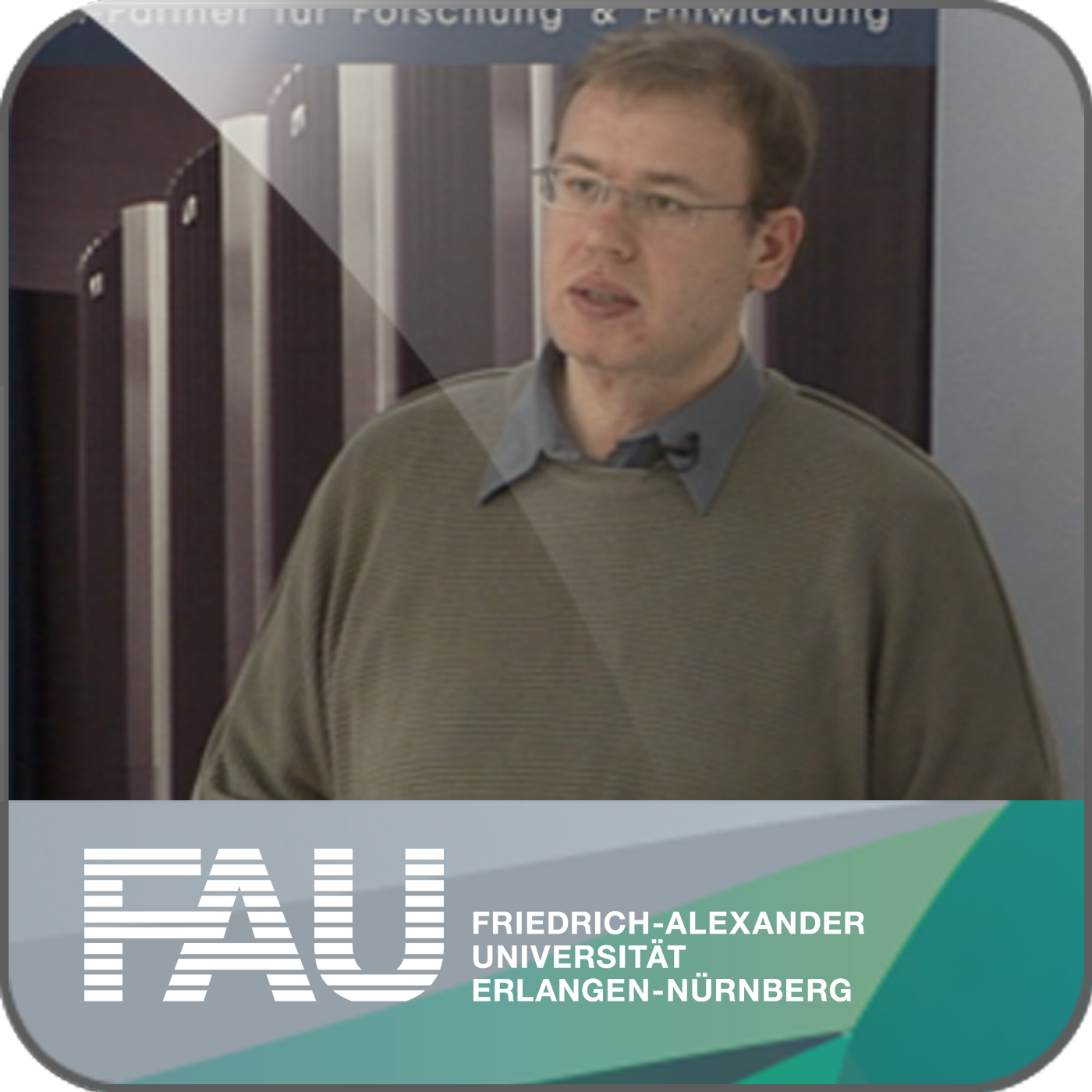Presenters
Zugänglich über
Nur für Portal
Gesperrt clipDauer
00:37:03 Min
Aufnahmedatum
2021-05-17
Hochgeladen am
2021-05-17 11:38:40
Sprache
en-US
Deep neural networks (DNNs) transform stimuli across multiple processing stages to produce representations that can be used to solve complex tasks, such as object recognition in images. However, a full understanding of how they achieve this remains elusive. The complexity of biological neural networks substantially exceeds the complexity of DNNs, making it even more challenging to understand the representations that they learn. Thus, both machine learning and computational neuroscience are faced with a shared challenge: how can we analyze their representations in order to understand how they solve complex tasks?
We review how data-analysis concepts and techniques developed by computational neuroscientists can be useful for analyzing representations in DNNs, and in turn, how recently developed techniques for analysis of DNNs can be useful for understanding representations in biological neural networks. We explore opportunities for synergy between the two fields, such as the use of DNNs as in-silico model systems for neuroscience, and how this synergy can lead to new hypotheses about the operating principles of biological neural networks.
Paper link: https://arxiv.org/abs/1810.13373?fbclid=IwAR3v___UPckrWw3pDgeHjN5COdRWEfgU9DpY3jss_WnPOB6KvzclcsJFfpQ

